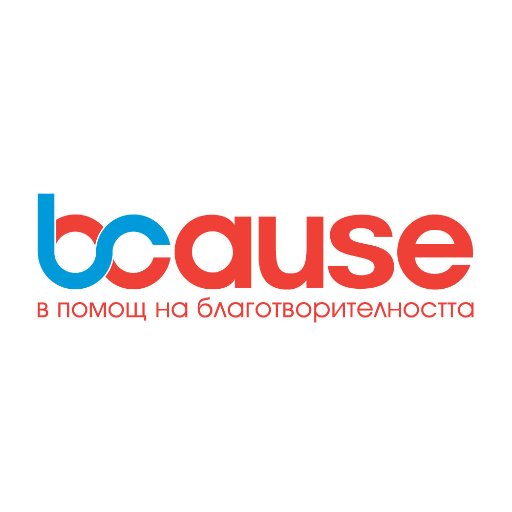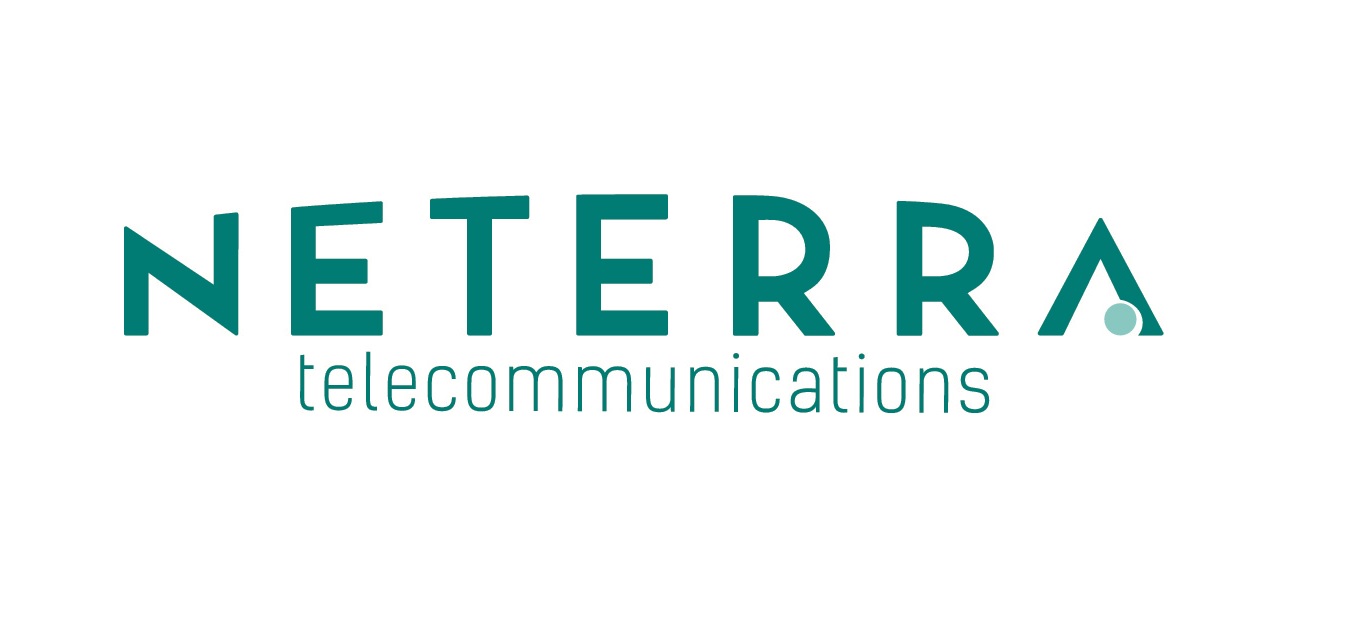
ARTON PROGRAM - The therapeutic power of the group
Creative projects involving group work - general musical performance or group painting, collage, sculpture - are useful in helping to explore and strengthen social...

Cognitive disorders often begin subtly but progress until they significantly impede the affected individual’s quality of life. It is important to understand the various cognitive disorders, their symptoms and relevant treatment options.
Cognitive disorders are a part of the neurocognitive disorder classification in the fifth edition of the Diagnostic and Statistical Manual of Mental Disorders (DSM-V). Cognitive disorders are defined as any disorder that significantly impairs the cognitive function of an individual to the point where normal functioning in society is impossible without treatment. Some common cognitive disorders include:
Like most mental disorders, cognitive disorders are caused by a variety of factors. Some are due to hormonal imbalances in the womb, others to genetic predisposition and still others to environmental factors. Common environmental causes of cognitive disorders include a lack of proper nutrients and interaction during vulnerable stages of cognitive development, particularly during infancy.
Other common causes of cognitive disorder include substance abuse and physical injury. When an area of the brain that determines cognitive function is damaged, either by the excessive use of drugs, by alcohol or from physical trauma, those neurophysiological changes can result in cognitive dysfunction.
Cognitive disorder signs vary according to the particular disorder, but some common signs and symptoms overlap in most disorders. Some of the most common signs of cognitive disorder include:
Some cognitive disorders develop in stages and symptoms increase in severity the further the disease progresses. Alzheimer’s disease, for example, begins with the patient showing very minor signs of forgetfulness. Sufferers may forget names they know well, or they may have trouble remembering what they did recently. The initial symptoms of early-onset Alzheimer’s disease are often indistinguishable from normal memory errors. However, as the disease progresses, the affected person’s memory becomes persistently impaired. They may have rare moments of clarity, but life is generally lived in a state of confusion.
If you or a loved one is experiencing any of these symptoms, call our toll-free hotline today at . We are available 24/7 to take your call and to help you find the information you need.
Cognitive problems manifest in a variety of ways, with emotional imbalance being one of the most common symptoms. Cognitive impairment is frustrating, and those suffering from it often react with emotional outbursts, making it difficult for friends and family to help. Others may push people away in an attempt to isolate themselves, only making the problem worse. Other cognitive disorders have the opposite effect, causing the person to have dulled or nonexistent emotions.
Cognition problems often manifest in the form of visible outward symptoms. The affected person may appear dazed and confused, and their eyes may have a glazed appearance. Motor coordination is often affected in both neurological and psychological cognitive disorders, and the person may have unusual mannerisms or simply a lack of balance and normal posture.
Cognitive instability comes with both short- and long-term effects. Some common short-term effects include memory loss, a state of confusion and a lack of coordination. Long-term effects include the increasing loss of declarative memory, such as forgetting names and significant faces, and a general lack of emotional stability and control over one’s actions.
Various memory and cognitive function tests are available online, but it is important to understand that these tests can only give you a general idea concerning some of the symptoms that a person with a cognitive disorder may experience. A full medical exam is necessary to impart an official diagnosis, and you should consult a doctor before you begin any form of treatment plan.
Fortunately, various options are available when it comes to drugs for cognitive issues. While most cognitive disorders cannot be cured permanently, the symptoms that make life difficult can be treated and managed to improve your quality of life. From supplements and drugs engineered to reduce memory loss and improve cognitive function to those that help with the depression and anxiety that can often result from cognitive impairment, the drug options for cognitive issues are many.
The most widely used drugs for cognitive disorders are antidepressants and drugs that prevent the further decay of memory. Such drugs can make it possible to extend the awareness of a person affected by cognitive issues by many years. To determine which drugs would be most effective for a given situation, you need to undergo a full medical assessment.
All medicines come with their own set of side effects, and cognitive disorder treatments are no different. Many of these drugs are powerful, and it can result in drowsiness, insomnia and upset stomach, to name but a few of the common side effects. To determine whether a particular drug is worth taking in exchange for its side effects, you should work closely with a medical professional.
Cognitive dysfunction can make a person feel hopeless, and they may turn to unfortunate sources in an effort to regain some control over their mental state. Commonly abused substances include alcohol, illegal narcotics and prescription drugs. Stimulants are a commonly abused drug for those who are dealing with cognitive issues that impair the sharpness of their mental processes. It is also possible to become addicted to legitimately prescribed medication that was initially aimed at treating a cognitive disorder. Individuals with cognitive impairment may become dependent on their medications and suffer withdrawal if they attempt to get off them without proper medical supervision.
If you or a loved one is addicted to medication for a cognitive disorder, help is available. Call our 24/7 hotline at for information on how you can get free of your addiction while managing the symptoms of your cognitive disorder.
Medication overdose is a serious issue that often results from dependence on a prescribed medication, including those for cognitive disorders. When a medication stops being effective, many individuals increase their dosage without consulting their doctor in an attempt to make the drug work again. Taking more than the prescribed amount of medication can easily result in drug overdose and have life-threatening consequences.
Cognitive disorders and depression are heavily linked, and many depression-related illnesses result in at least mild cognitive dysfunction. Not being able to think clearly or remember fully can naturally lead to depression if the affected person feels like they have lost something they will never be able to get back. In cases where depression and cognitive problems are linked and the depression lasts longer than a few months, doctors may prescribe an antidepressant or other lifestyle changes to combat the effects of depression.
Addiction and cognitive disorders have a high comorbidity rate. In fact, many researchers believe that addiction is a form of cognitive impairment and may be the result of atypical neural activity. Cognitive impairment also comes as a result of substance abuse, and research shows that adults with alcoholism are 10 times more likely than the general population to have ADHD.
If you need help finding information on cognitive issues, whether for yourself or for a loved one, we can help. Call our 24/7 hotline at for more information on cognitive disorders, comorbidity with substance abuse and the various treatment options available to you. It is never too late to seek help, and our friendly representatives would love to help you begin on your path to mental and physical wellness.

Creative projects involving group work - general musical performance or group painting, collage, sculpture - are useful in helping to explore and strengthen social...

In the ARTON Program our team of oncopsychologists, art therapists and music therapists develops the process of children's creativity as a process of...

In ARTON sessions, creating a piece of music or a song is an emotional experience of coping and satisfaction for the participating children. They make friends with...

Painting provides patients with a spontaneous, plastic method of depicting thoughts and experiences. Painting with paints is not as structured as with pencil or...










